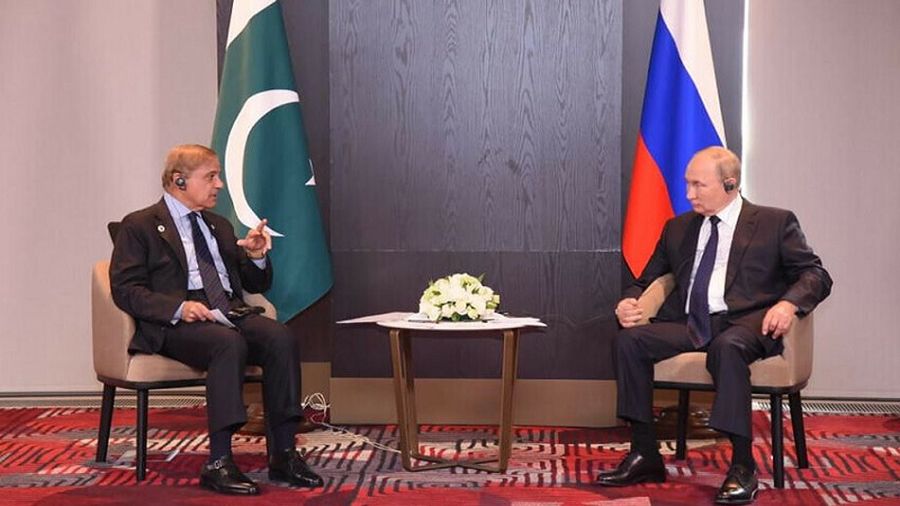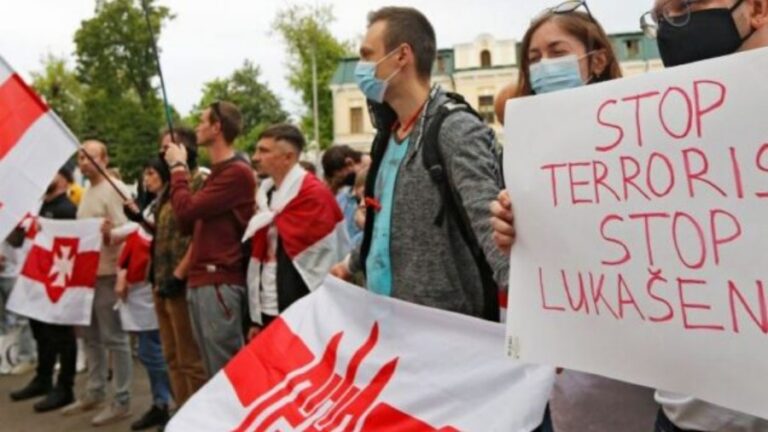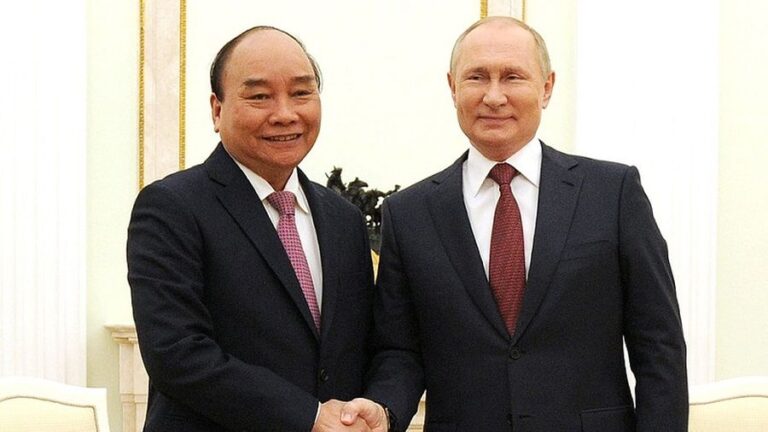Pakistan’s Successful SCO Summit Shouldn’t Be Spun As aSuccess for Shehbaz Sharif Personally
What will always remain most important to President Putin and his government as a whole are inter-state relations between Russia and its partners irrespective of whoever leads the latter, whether it’s a multipolar-oriented visionary like former Prime Minister Khan or a US-installed placeholder like incumbent Prime Minister Sharif.
Two notable Pakistani journalists have interpreted their country’s successful participation in this year’s SCO Summit as a success for Prime Minister Shehbaz Sharif personally, particularly over his opponents led by ousted Prime Minister Imran Khan. Anas Mallick, the Pakistani Bureau Chief of India’s WIONews, tweeted ahead of the event that “If all goes as planned here in Samarkand for SCO, then PM Shehbaz Sharif is all set to pull a literal diplomatic coup for his domestic political opponents/audience back in Pakistan, upon conclusion of his visit.”
Meanwhile, Ahmed Quraishi – who’s best known for his prior work with national broadcaster PTV, which fired him earlier in the year for being part of a delegation that visited Israel – tweeted that “These pics of #Pakistan PM @CMShehbaz mingling with @RTErdogan, #Putin, and other regional leaders during intl event in #Uzbekistan have shocked followers of ousted ex-PM @ImranKhanPTI who created the impression he alone enjoyed special access to the two”. The common thread between these two journalists’ tweets is that this major multipolar event somehow discredited former Prime Minister Khan.
This interpretation appears to be based on the opinion among his opponents that he, as Quraishi explained it, “created the impression he alone enjoyed special access” to leading members of the international community such as Presidents Erdogan and Putin who are held in high regard by the ousted leader’s supporters. By meeting with Pakistan’s incumbent leader, their innuendo goes, they’re tacitly signaling that they don’t agree with former Prime Minister Khan’s claim of having been ousted by a US-orchestrated post-modern coup as punishment for his independent foreign policy.
That explanation of the Turkish and Russian Presidents’ motives omits any mentioning of the way in which international diplomacy is conducted, instead playing to uninformed assumptions that they’d allegedly avoid the incumbent Pakistani premier as a form of protest in support of his predecessor. The reality is that Ankara and Moscow officially recognize Sharif’s legitimacy, which was required in order to maintain relations with the state that he represents. Their permanent diplomatic and intelligence bureaucracies might still consider him illegitimate, but it’s counterproductive to openly say so if they do.
This understanding of the way that international diplomacy works in practice isn’t speculative either but based on the verifiable precedent established by Russian-Brazilian relations in the middle of the last decade. President Putin was asked by a reporter during the 2016 BRICS Summit about Wikileaks’ revelation from 2011 that then-President Michel Temer, who scandalously replaced Dilma Rousseff during that country’s own US-orchestrated post-modern coup at the time, used to be a US informant. In response, the Russian leader brushed it off by brusquely saying that “I don’t care.”
It didn’t matter to President Putin that Wikileaks has never once been proven wrong, which his world-class diplomats and intelligence agents certainly would have been aware of, because all that he cared about was maintaining relations with the state that Temer represents. The same pragmatism was very likely at play when he just met with Prime Minister Sharif, especially since Russian Foreign Ministry spokeswoman Maria Zakharova earlier slammed the no-confidence motion against his predecessor as “shameless US interference” that “leaves no doubt that the United States decided to punish [him]”.
Both approaches towards those US-installed leaders were applied because Russia prioritizes inter-state relations over inter-personal ones, hence the importance of maintaining the former in order to not facilitate America’s Hybrid War goal of completely capturing control of those states through the post-modern coups that it carried out against their previous leaders. Accordingly, it’s with such mutually beneficial outcomes in mind that President Putin expressed hope during his meeting with Prime Minister Sharif that Pakistan will continue playing its role as the Zipper of Eurasia.
It shouldn’t be forgotten that the Russian leader also met with his post-“Maidan” counterparts Petro Poroshenko and Volodymr Zelensky, who wouldn’t have come to power in the first place had it not been for the US supporting the infamous spree of urban terrorism from 2013-2014 that culminated in the coup against its universally recognized government, in order to discuss resolving the Ukrainian Civil War. Therefore, those who artificially manufactured the false perception that he wouldn’t meet with Shehbaz Sharif despite that leader having also obviously been brought to power by the US misled their audience.
Nevertheless, the two notable Pakistani journalists mentioned in the introduction to this analysis should be assumed to have innocent motives that are most likely connected to them being ignorant of how international diplomacy is conducted, especially Russia’s, but they can of course clarify if their intentions were less than pure and driven by a desire to deliberately deceive others. In any case, while some national successes are indeed attributable to individual leaders and their particular teams, Pakistan’s at this year’s SCO Summit was a national success and not its incumbent leader’s personal one.
Russia wouldn’t even abandon Ukraine up until it felt compelled to commence its ongoing special military operation there in defense of its national security red lines, despite having been convinced that this neighboring country’s leadership was controlled by the US, so there’s no factual precedent to have expected it to give up on comparatively less important Pakistan. After all, President Putin said in 2016 that “I don’t care” when asked about his then-Brazilian counterpart’s past as a US informant so it naturally follows that he similarly “doesn’t care” about the current Pakistani leader’s US ties either.
What will always remain most important to him and his government as a whole are inter-state relations between Russia and its partners irrespective of whoever leads the latter, whether it’s a multipolar-oriented visionary like former Prime Minister Khan or a US-installed placeholder like incumbent Prime Minister Sharif. This explains why President Putin still spoke so highly about Russian-Pakistani relations and reaffirmed his earlier optimism about their future that he shared on the occasion of that country’s Independence Day last month.
The Russian leader isn’t unique in having this pragmatic mindset, however, since it’s presumably shared by all his SCO counterparts too. It would be counterproductive to their objective national interests to suspend ties with a country as significant as Pakistan no matter how much they and their policymakers might dislike that the US just successfully carried out a post-modern coup there. Rather, it’s much better to not facilitate that declining unipolar hegemon’s efforts to capture complete control of this global pivot state and to instead try saving it it through mutually beneficial inter-state cooperation.







